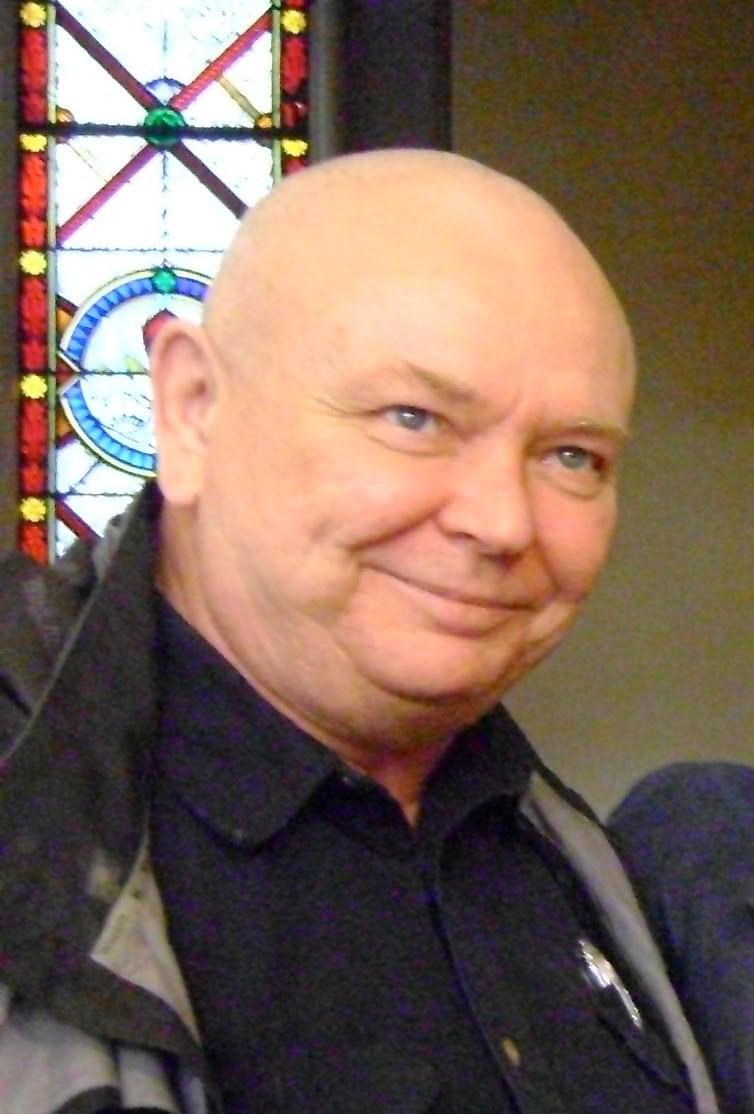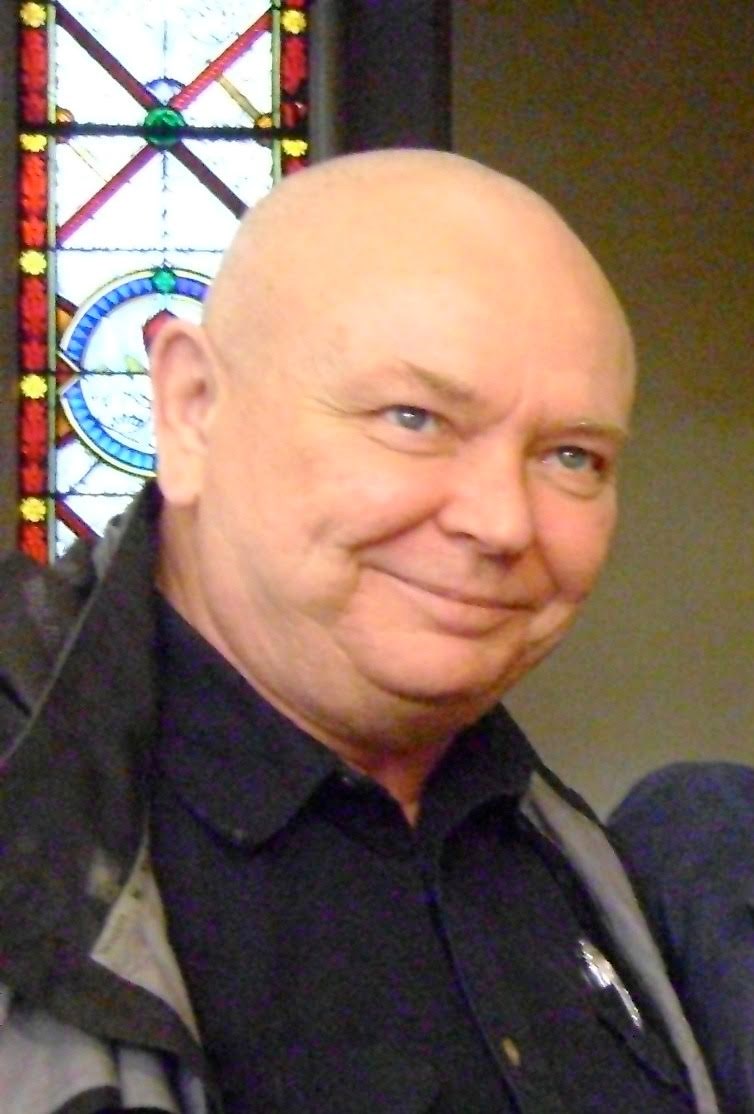It might be just coincidence, but the attractiveness of extremism of all kinds seems to progress in inverse proportion to the well-being of an important segment of our civilization, namely youth and young adult (15-35). This is our flailing demographic.
Worldwide and Canadian surveys reveal suicide as the second most likely cause of death for those under 35. Some have upped the ante beyond suicide; they have rejected their birthright and even planned terrifying violence. School and church shootings, suicide bombings and other rare events have an outsized appeal at the fringes of the already alienated. When and if we sufficiently recognize the need to protect young people from becoming susceptible to death-cult ideologies, we must begin by mitigating whatever deep social malaise is causing this to appear.
For young people, hypocrisy is the incubator of cynicism and the rationale for extremism. Hypocrisy becomes endemic when morality falters. Religious leaders of every sort have warned about this, though usually without a workable solution. We need to contrive a cultural change, one which will not alienate our youth. Meditation is the missing element to bring about the cultural shift which is the most effective way to counter the asymmetrical radicalizing influences on youth and young adults.
Buddhism lays out the grounded rules of a proper human life. There are eight of them and the first on the list is 'right view'*. Zen, like all other expressions called Buddhist, takes a particular point of view as “right”. The basic sense of rightness, that fundamental fealty to harmlessness that Buddhism mandates, is vested in the concept of openness and receptivity, according to Zen. If 'kindness' is the resultant Buddhist value (and it is) then Zen teaches openness and receptivity as the direct way. That zennist value is expressed as the self-fulfillment which beings experience when that 'receptive' samadhi** is encountered.
Zen is a highly urbanized form of Buddhism. Its civilizing influence has been the encouragement of convivial values such as wisdom, compassion and resilience. The urbanized Zen viewpoint is that the middle way for individuals and society valorizes living together and that unmitigated behaviours are not salutary. Applying the Buddhist template to right and wrong (which is also a critical factor in living together), is problematic for us even when we understand and accept. Our ancestral traditions value a clear distinction between the two and many of us still believe the right can destroy the wrong.
The Zen viewpoint sees them as inextricably intertwined and interdependent. Taken seriously this could change many factors which influence how we live together. A judicial system based on the Zen view of the middle way, for example, would emphasize restorative remedies over punitive ones because of the Buddhist view that it is the harm that matters most. We have grown and are improving our knowledge and worldly wisdom; plus, we are a good hearted society, but without the stabilizing influence of meditation, the expediency of the narrow tolerance mindset will continue to impel us toward a fearful extinction.
-------
* 'right' (Skt. Samyak) here is not the binary rightness of a right-wrong moral compass. It is the kind of rectitude that seeks the middle way, the prime directive of which is, do not fall into binary extremes. Zen takes this basic template and applies it to the realities of human life. The Zen master Dogen called this the 'no trace' and taught that, in enlightenment it perfumes everything.
**Samadhi; the Skt word translates usually as 'concentration' or 'absorption' and refers to the meditative technique that is emphasized. Each meditation culture promotes its own samadhi and samadhic spinoffs.
 Wayne Codling is a former Zen monastic and a lineage holder in the Soto Zen tradition. He teaches Zen style meditation in various venues around Victoria. Wayne’s talks and some writings can be found on his blog http://sotozenvictoria.wordpress.com
Wayne Codling is a former Zen monastic and a lineage holder in the Soto Zen tradition. He teaches Zen style meditation in various venues around Victoria. Wayne’s talks and some writings can be found on his blog http://sotozenvictoria.wordpress.com
You can read more articles from our interfaith blog, Spiritually Speaking, HERE
* This article was published in the print edition of the Times Colonist on Saturday, Nov 11 2017



